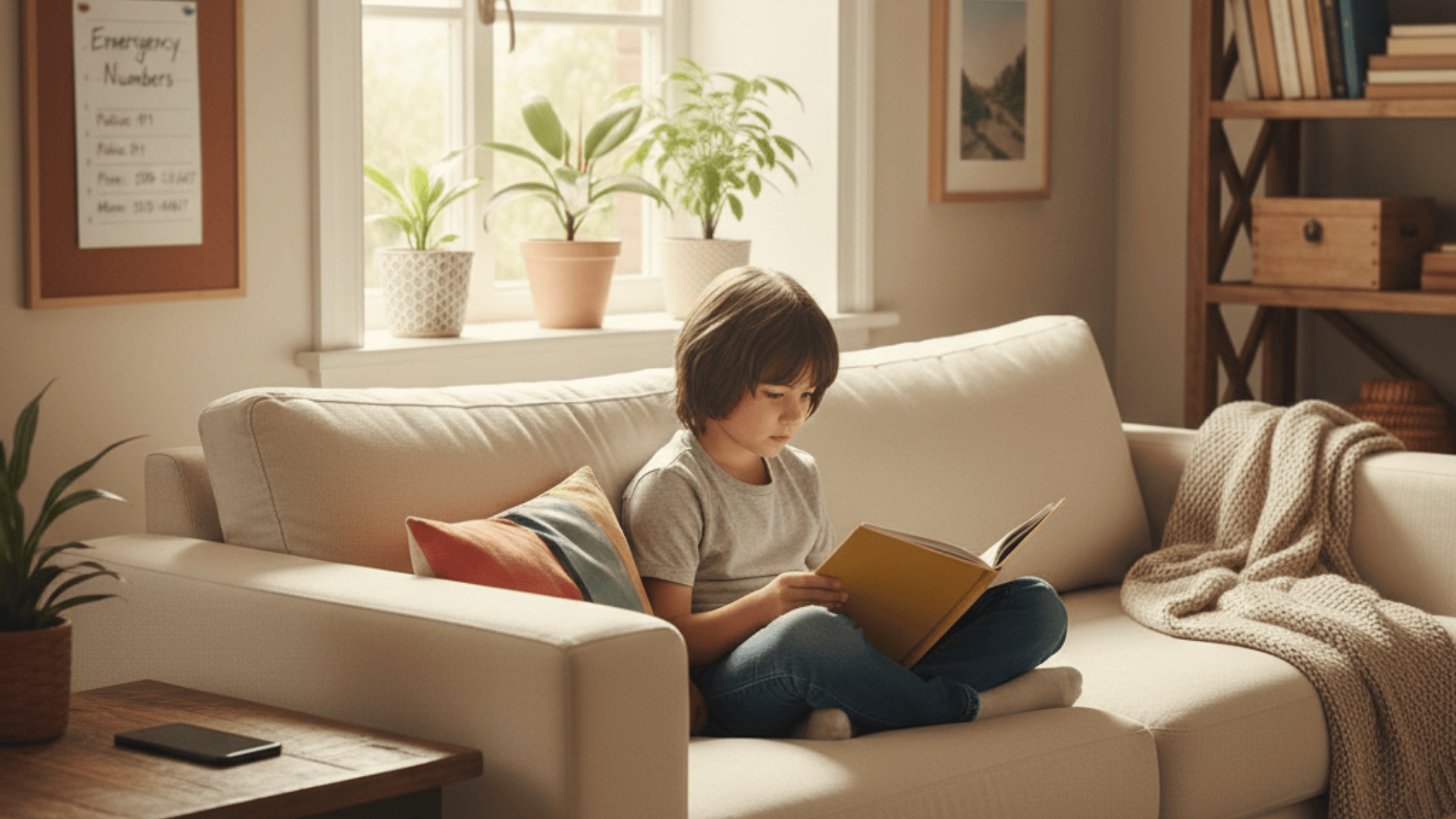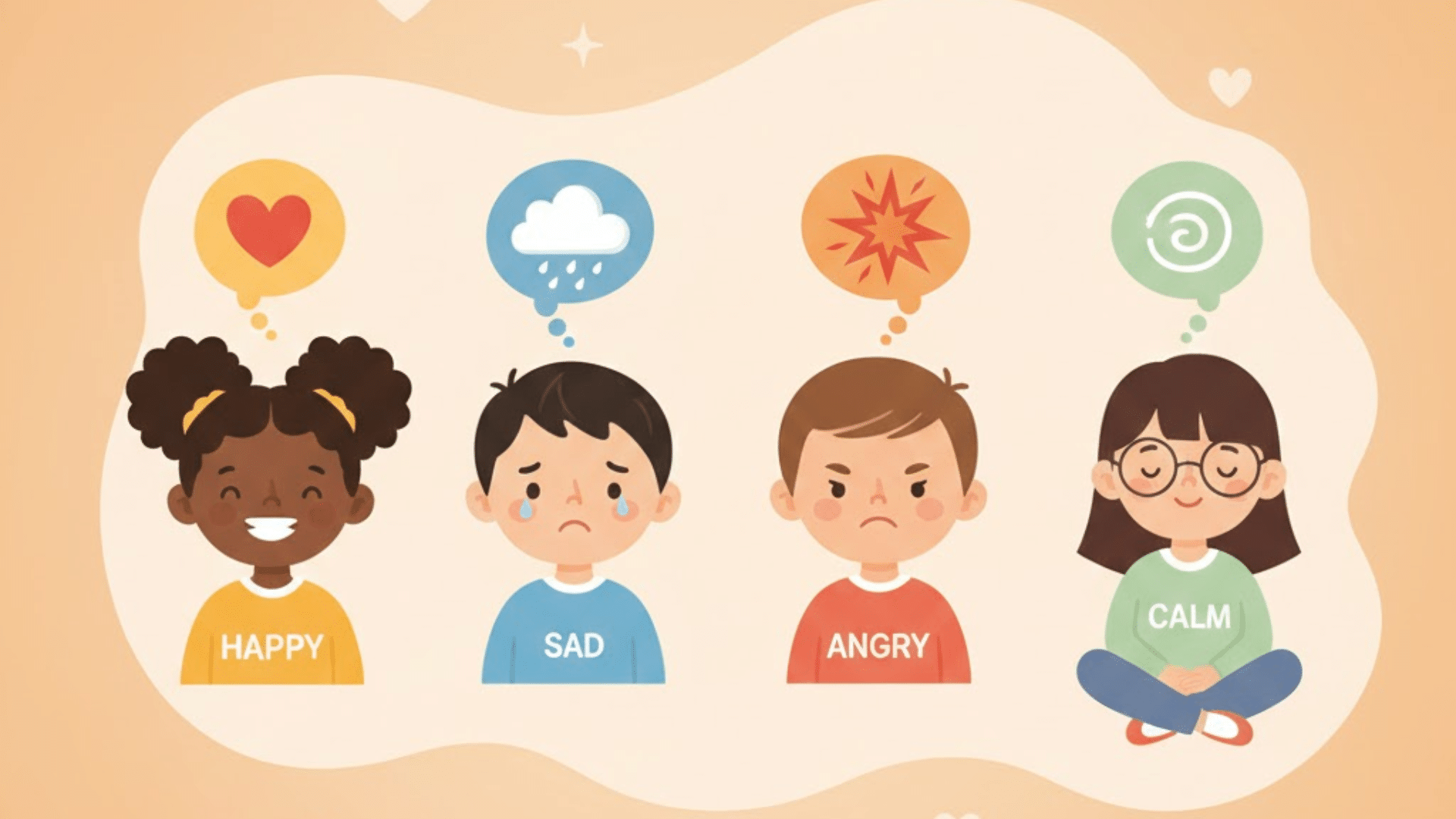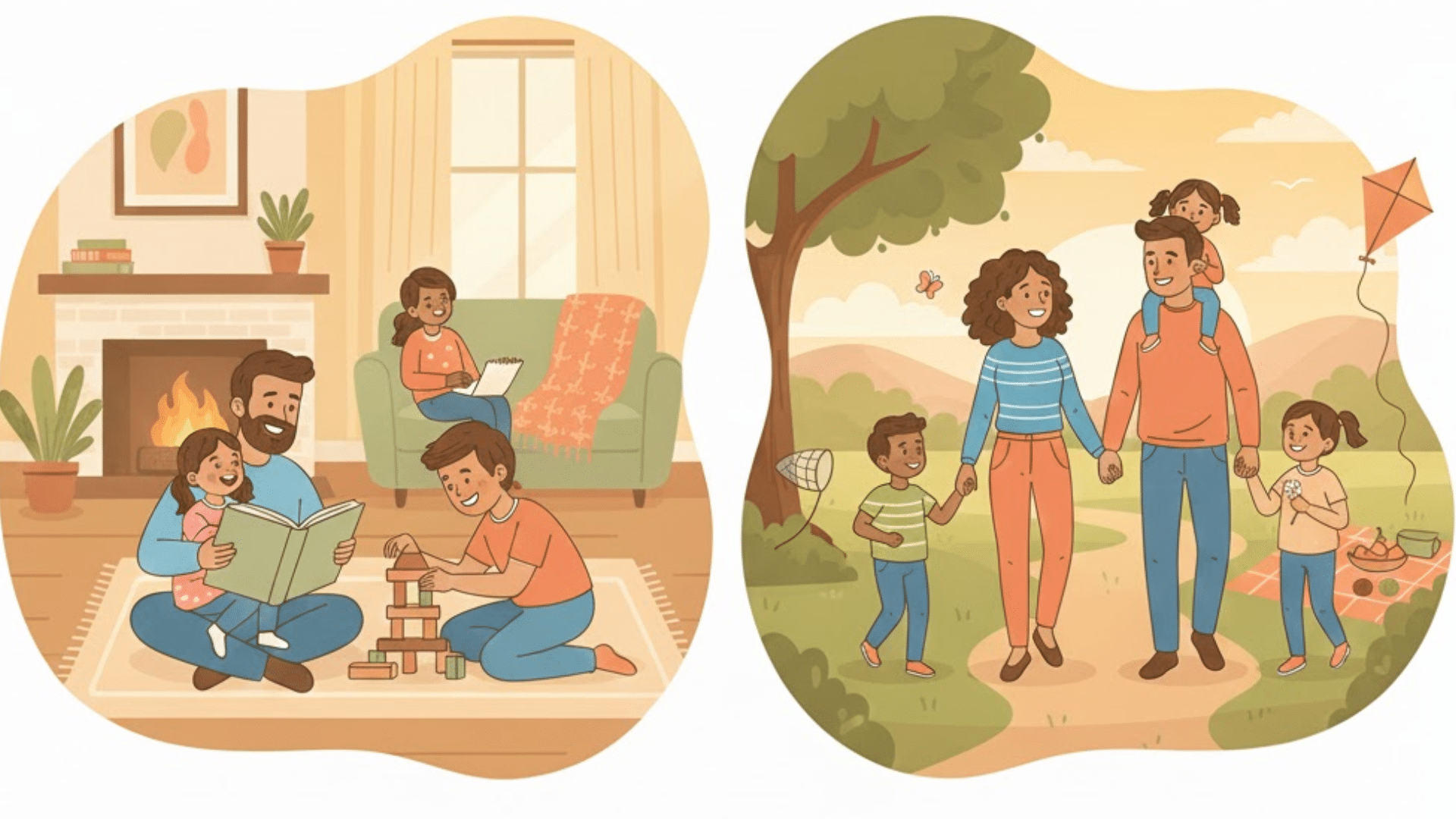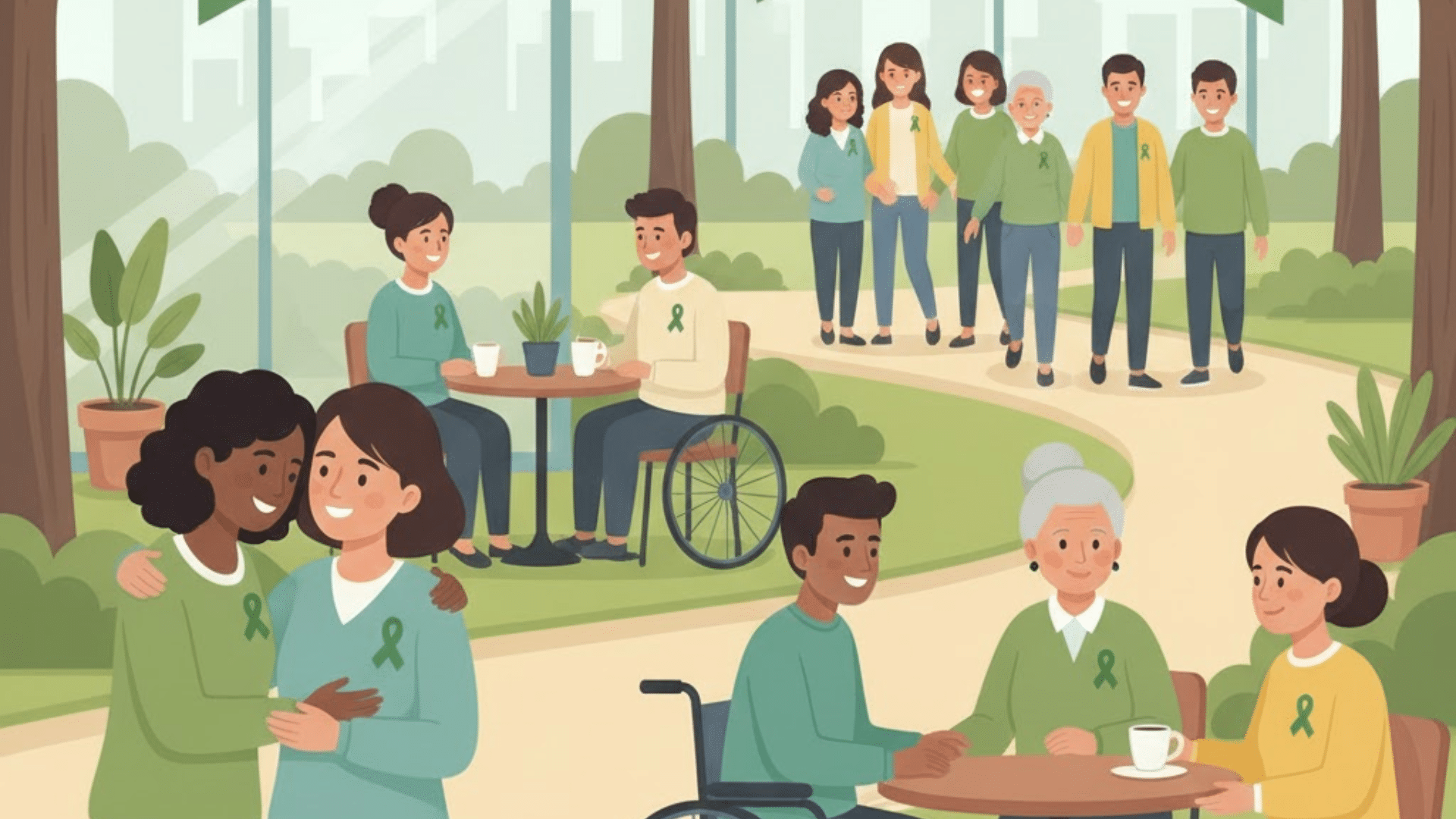If you’ve ever wondered how old do kids have to be to stay home alone, you’re not the only one. It’s a question almost every parent thinks about at some point, and it’s not always easy to find a simple answer.
Some states have strict rules, others only give recommendations, and many leave the decision completely up to parents.
In this guide, you’ll find everything in one place: state laws, expert advice, readiness checklists, and practical safety tips. You’ll also see what doctors suggest, how to judge your child’s maturity, and what risks to watch out for.
By the end, you’ll feel more confident and prepared to make the decision that works best for your family.
Why Age Matters When Leaving Kids Home Alone
Not every child is ready at the same age. A few things make a big difference:
- Maturity and readiness: Some kids handle rules well, others still need reminders.
- Safety and Emergencies: A child should know what to do in the event of an unexpected situation.
- Emotional comfort: Being alone can feel scary. Some kids are fine, while others may feel anxious.
It’s not just about the number. It’s about whether your child can stay calm and safe on their own.
Legal Age and Guidelines
When it comes to rules, not all states treat this the same way.
- Strict laws: A few states set a clear minimum age by law. Parents must follow it.
- Guidelines only: Many states don’t have a law but share recommendations. In those places, parents decide based on their child’s maturity.
Knowing your state’s stance is helpful, but you also need to consider what works best for your child.
What Age Can Kids Be Left Home Alone: Breakdown by States
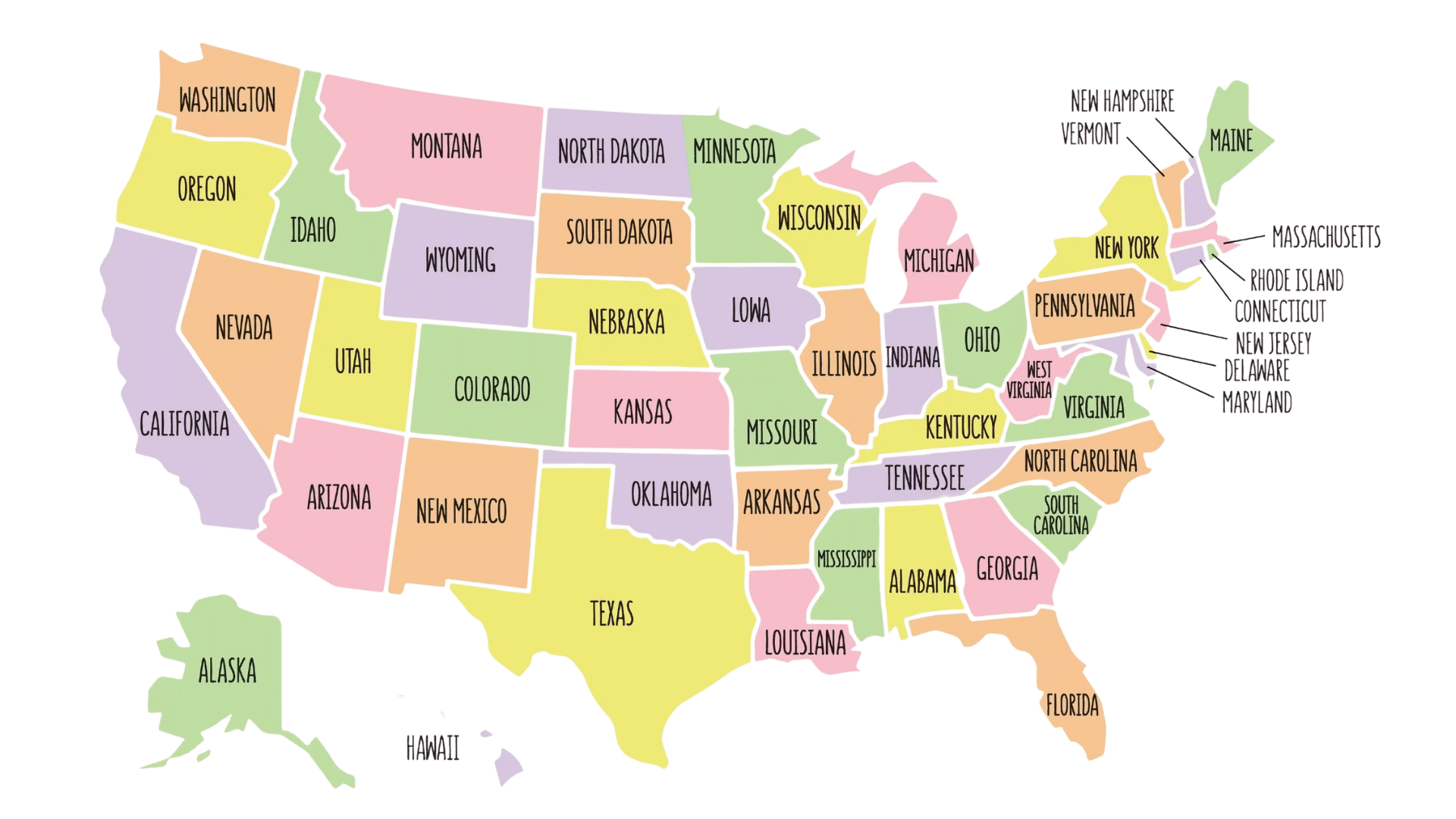
There isn’t one answer that works for every family. Some states set laws or publish age guidelines, while many leave the choice to parents.
States With an Age Requirement
A handful of states outline minimum ages or agency guidance. The list below indicates where laws are in place and where only recommendations are provided:
| State | Minimum Age | Law / Guideline | Notes |
|---|---|---|---|
| Illinois | 14 | Law | Strictest requirement in the nation. |
| Maryland | 8 | Law | Under 8 must be with someone at least 13. |
| Oregon | – | Law (neglect statute) | ORS 163.545 prohibits leaving children under 10 in unsafe conditions. |
| North Carolina | 8 | Guideline | Cited by child welfare, though not a statute. |
| Georgia | 9–12 | Guideline | DFCS: under 8 never; 9–12 only for short periods. |
| North Dakota | 9 | Guideline | Used in state and county guidance for brief times. |
| Kansas | 6 | Guideline | Only for very short periods. |
| Colorado | 12 | Guideline | Suggested minimum; not law. |
| Michigan | 10–11 | Guideline | State guidance often points to age 10+. |
| South Dakota | 10 | Guideline | Common reference age; not legally binding. |
| Tennessee | 10 | Guideline | Recommendation from child services. |
| Washington | 10 | Guideline | Appears in child safety materials. |
| Oklahoma | 7 | Guideline | Referenced in agency advice; not law. |
| Nebraska | 7 | Guideline | Children under 7 should not be left alone. |
| Kentucky | 11 | Guideline | Suggested by state agencies. |
| Mississippi | 12 | Guideline | Informal state reference. |
| New Mexico | 10 | Guideline | Appears in state materials. |
| Delaware | 12 | Guideline | Recommendation by child services. |
| Connecticut | 12 | Guideline | State child services use 12 as a marker. |
States With No Clear Age Requirement
For the remaining states (over 30), including California, Florida, Texas, New York, and most of the U.S., there is no specific law or official minimum age for leaving a child home alone.
In these states, parents are expected to use judgment. Authorities (CPS or police) may still investigate and take action if the child is deemed unsafe or neglected.
Quick Facts to Keep in Mind:
- The range of minimums (where set) is 6 to 14 years old.
- The strictest law is in Illinois (14 years old).
- The most lenient references suggest as low as 6–8 years (e.g., Kansas, Maryland, Georgia).
- Most states have no law at all, but parents remain legally responsible if a child is left unsafely.
Leaving Kids Home Alone: What Experts Recommend
Experts don’t point to one magic age, but they share some useful advice. The American Academy of Pediatrics at HealthyChildren.orgnotes that many families see 12 years old as a safe starting point.
Child psychologists and pediatricians often remind parents that maturity matters more than age. A responsible 10-year-old may do better than an unprepared 13-year-old.
Most professionals also suggest giving kids independence gradually, starting with short periods alone and building up as they demonstrate they can handle more responsibility.
Readiness Checklist for Parents
Before you leave your child home alone, it helps to look at a few signs of readiness. These can give you a clearer picture of what your child can handle.
| Positive Signs They’re Ready | Red Flags They’re Not Ready |
|---|---|
| Follows house rules without reminders | Gets anxious or fearful when left alone |
| Knows what to do in simple emergencies (fire, stranger at the door) | Often forgets instructions or daily tasks |
| Feels comfortable and calm when alone for short periods | Shows risky or careless behavior when unsupervised |
If you’re unsure, start small and build up slowly. Many parents also find it helpful to use a checklist they can print and review together with their child. A simple downloadable checklist could make this process easier and more practical.
Preparing Your Child to Stay Home Alone
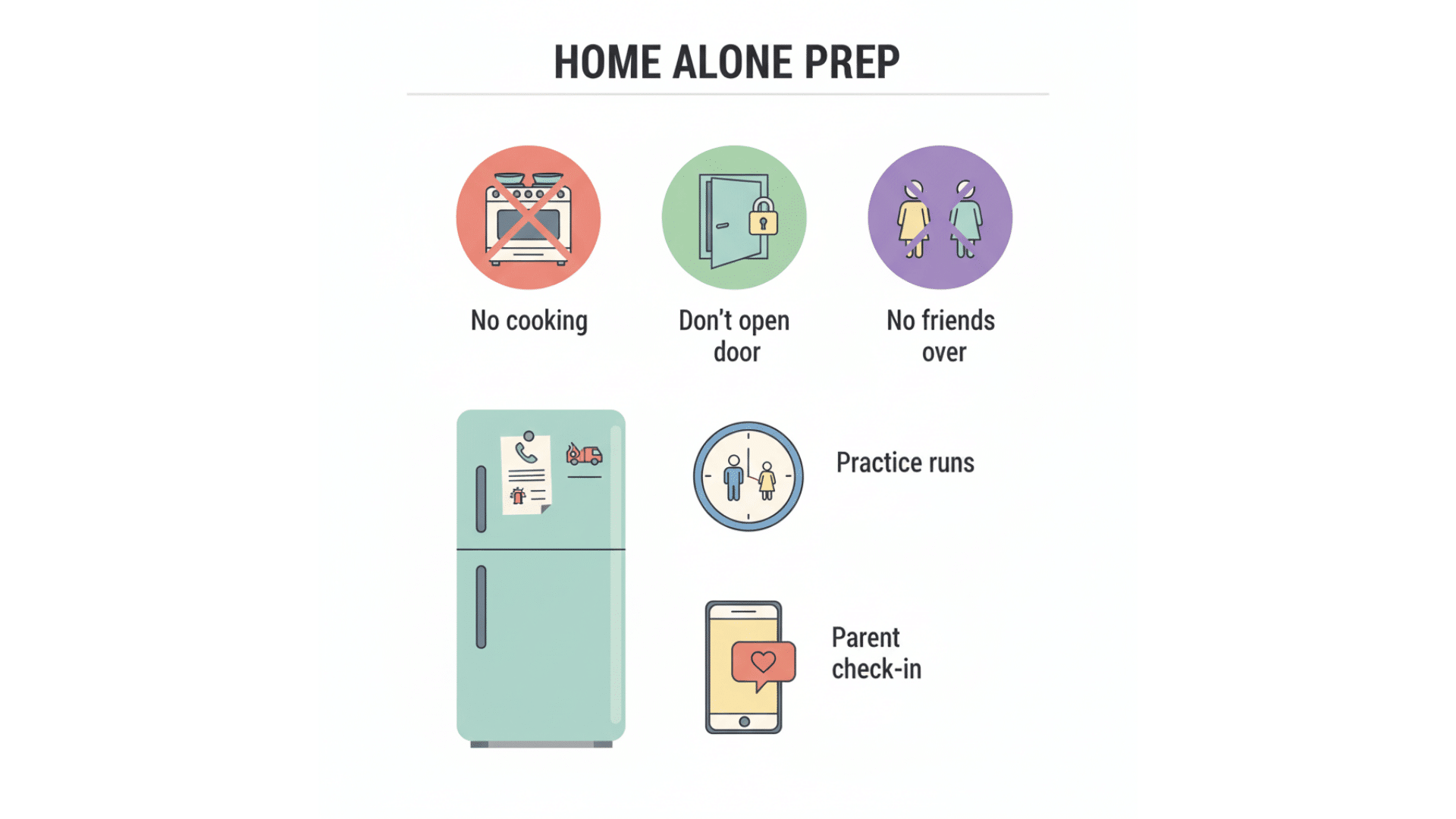
Getting your child ready takes more than just deciding they’re old enough. A little planning goes a long way in making sure they feel safe and confident.
- Set Clear Safety Rules: No stove use, no opening the door, and no friends without permission.
- Post Emergency Numbers: Keep a list on the fridge with your phone, a trusted neighbor, and local contacts.
- Do Practice Runs: Leave for 15–20 minutes first to build comfort and confidence before longer periods.
- Encourage Check-Ins: Have your child call or text regularly so both of you feel reassured.
Sibling Supervision Rules
Parents often wonder if it’s okay for an older child to watch younger siblings, but the answer depends on both laws and maturity.
A few states set minimum ages, like Georgia, where children 13 and older can supervise, but most leave the decision to parents.
What really matters is the maturity gap and the needs of the younger child. For example, a 12-year-old may manage a 9-year-old but not a toddler, since caring for very young children requires much more responsibility.
In the end, it’s less about the number and more about readiness. Parents should consider safety, responsibility, and comfort level to decide if an older child is truly prepared to handle the role.
Consequences of Leaving a Child Alone Too Early
Leaving a child at home before they’re truly ready can create more than just worry. It can lead to serious challenges for both the child and the parent.
- Legal issues: In some states, leaving a young child home alone may be considered neglect. If reported, parents could face investigations from child protective services or even legal charges. The exact outcome depends on state laws, but even an inquiry can be stressful for families.
- Safety risks: Emergencies are unpredictable. A child who is too young may panic instead of responding calmly to situations like a kitchen accident, a small fire, or a stranger knocking on the door. Even something as simple as forgetting to lock the door could put them at risk.
- Emotional impact: Kids who aren’t ready may feel scared, anxious, or abandoned when left alone. This stress can build up over time, leading to sleep problems, loss of confidence, or fear of being alone even in safe situations.
When parents wait until a child shows clear signs of readiness, it not only avoids these risks but also makes staying home alone a positive step toward independence, helping them to be clear about when they can leave their kids home alone.
Final Thoughts
Deciding when to leave kids home alone can be tricky, since rules vary by state and every child matures differently. Age is only one factor – responsibility, confidence, and safety skills matter more.
A child who follows rules, stays calm in emergencies, and feels comfortable alone may be ready. Start with short practice runs, set clear safety rules, and encourage check-ins to build trust.
Waiting until your child shows real readiness avoids stress and risk while making independence a positive step. Use guidelines, talk openly, and plan carefully to ensure your child feels safe and prepared.
Frequently Asked Questions
What happens if neighbors report a child left alone?
If a neighbor calls, child protective services or police may visit to check on safety. They’ll decide if the child is fine or if it could be neglect.
Is babysitting by minors treated the same way legally?
Babysitting rules can differ. Many states say kids 12–13 can babysit, but parents are still legally responsible for what happens while they’re in charge.

